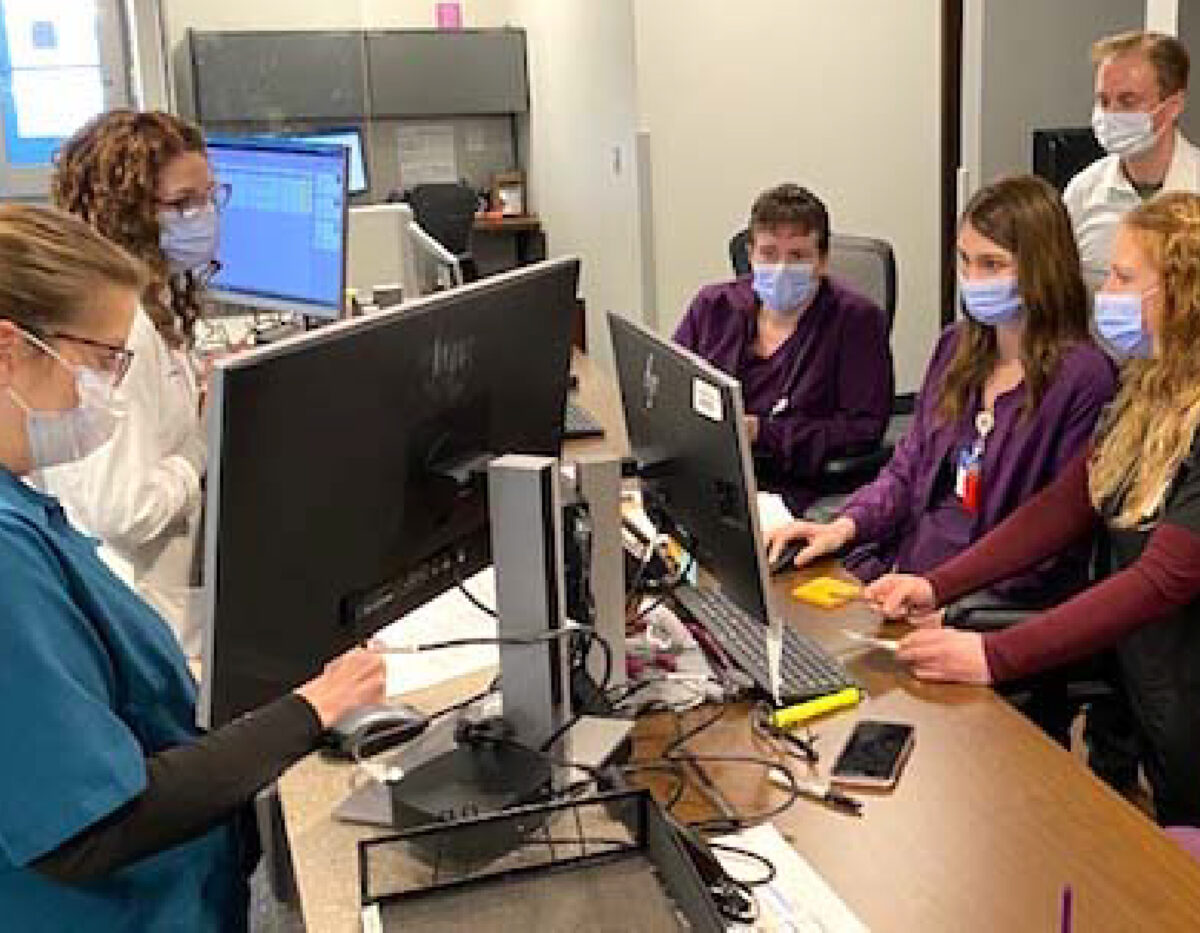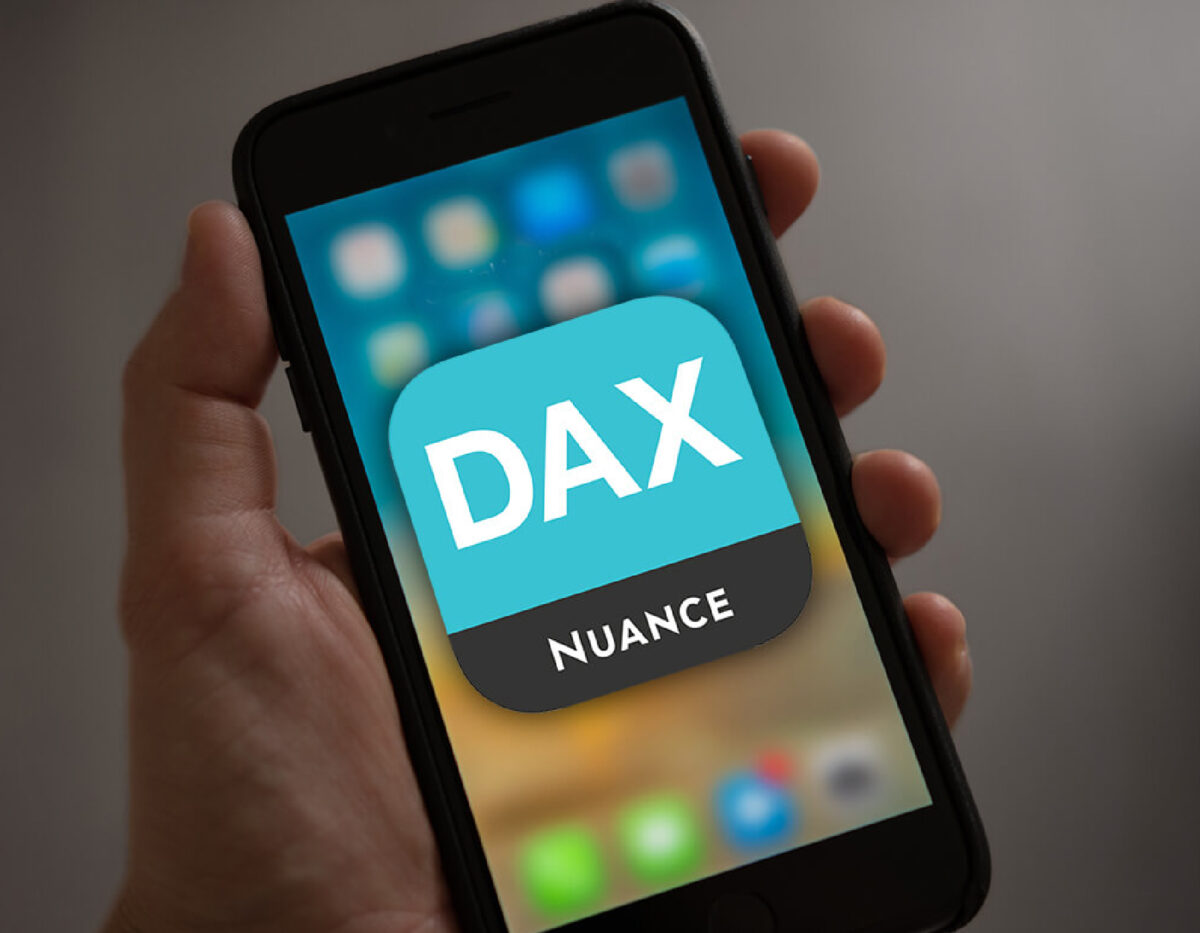
Change
Context for Clinical Partners
Check out the topics below for background on what’s changing and why.

Med School
“There is a halo effect,” Dr. Jill Amsbury describes, “You bring academic centers into communities and the (healthcare) outcomes improve in those communities.” Yet in an informal survey of rural medical campuses identified “…finding healthcare institutions who will partner with them” among Med Schools’ greatest challenges.
“This is the first time a rural collaboration like this has ever been done,” according to Dr. Cindy Firkins Smith.
Dig into the reasons why CentraCare is forging this unique partnership with the University of Minnesota and how Drs. Smith and Amsbury are leading the effort to make it a win-win-win for Clinical Partners, patients, and future rural physicians.

Value-Based Care
“We have a foot in value and a foot in fee-for-service,” says Dr. Sean Wherry, a family physician and member of the PCAC Primary Care committee, “and we’re moving more and more into that value area.”
According to Dr. Ben Haeg who is the Vice Chair of PCAC and himself a family medicine physician, “Almost half of CentraCare’s contracts have a value-based component.” And many of the value-based care measures fall heavily on primary care because, “that’s where most of those things get coordinated,” explains Dr. Haeg.
We’ll explore value-based care through the lenses of compensation, team-based care, and population health. Dr. Wherry shares one insight in the first episode of the new STATIM podcast for Clinical Partners, “Oftentimes in discussions with my colleagues, we know what we need to do. We know what we’d like to do. But a lot of times that extra work and that extra time and effort and care that we’re giving patients is uncompensated work,” he continues, “So, the goal of the (compensation) redesign is how we redefine how we pay providers to take some of those fiscal restraints off and some of those frustrations.”
“And it’s not just compensation,” says Dr. Wherry, “The compensation has to support and incentivize team-based care. We need team-based care because we’ve got overworked individual providers.”
Learn more about the intersection of the new compensation model, team-based care and value-based care in this episode of STATIM.

Primary Care Transformation
Dr. Chris Thompson puts primary care transformation into two perspectives: Why we’re doing it and how it will impact each other, our patients, and our care teams.
“Healthcare happens in the context of someone’s life. So, how do I keep that in mind and do it in a way that takes care of my peers, my nurses, my team — recognizing their roles,” Chris explains, “And do it in a way that also gives me joy, so that when I come home to my family, I still have the energy to be who I want to be.”
Dr. Thompson continues, “We’re creatures of habit. So how do we intentionally build better habits that allow us to work better as a team — recognizing our unique role (as physicians)? We’re coming to a new understanding of our role and the role of those around us, who we are dependent on whether we like it or not.”

Tech Innovations
“The next two to five years, what a patient visit looks like will change,” says Dr. Lynn McFarling, CentraCare’s Chief Medical Information Officer and VP of Information Systems. Lynn ought to know. She’s on the frontlines of everything from Dax Express to Generative AI. While the promise of technology is grand, Dr. McFarling focuses on finding deeper benefits for clinical partners and care teams.
“Sometimes, it’s not about adding something new, but improving what’s already there,” Dr. McFarling explains as she pivots to a project that removed some 5,000,000 Epic InBasket messages. With a shout-out to the compliance team who were instrumental in the message reduction project, Dr. McFarling seems gratified by what must be relief for CentraCare physicians who don’t have to face that mountain of messages every day — knowing that in some way that relief will enable clinicians to deliver better care. But she’s already looking down the road at technology that will listen to a patient and take a note.

